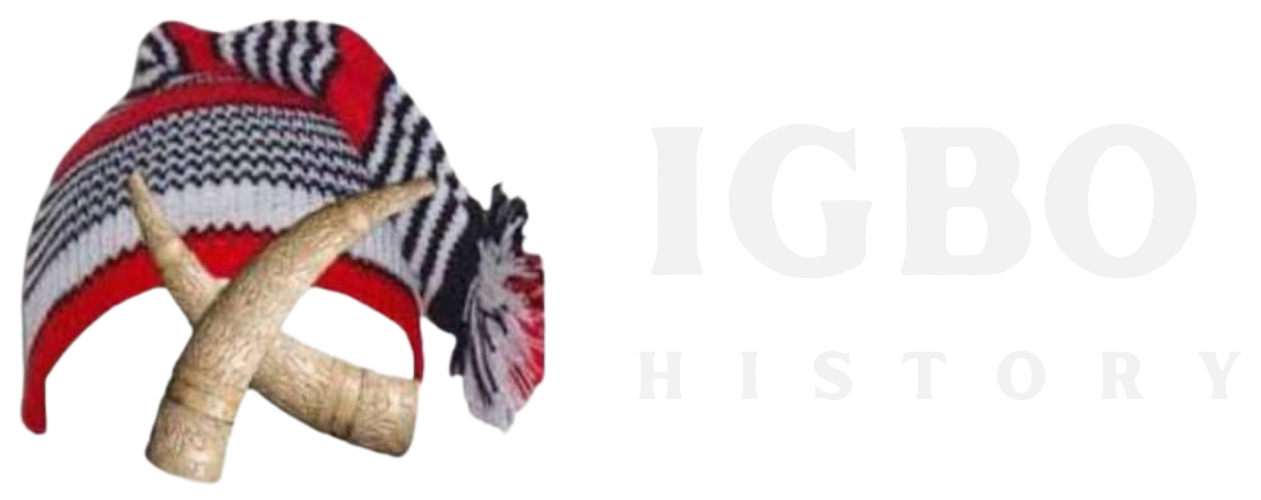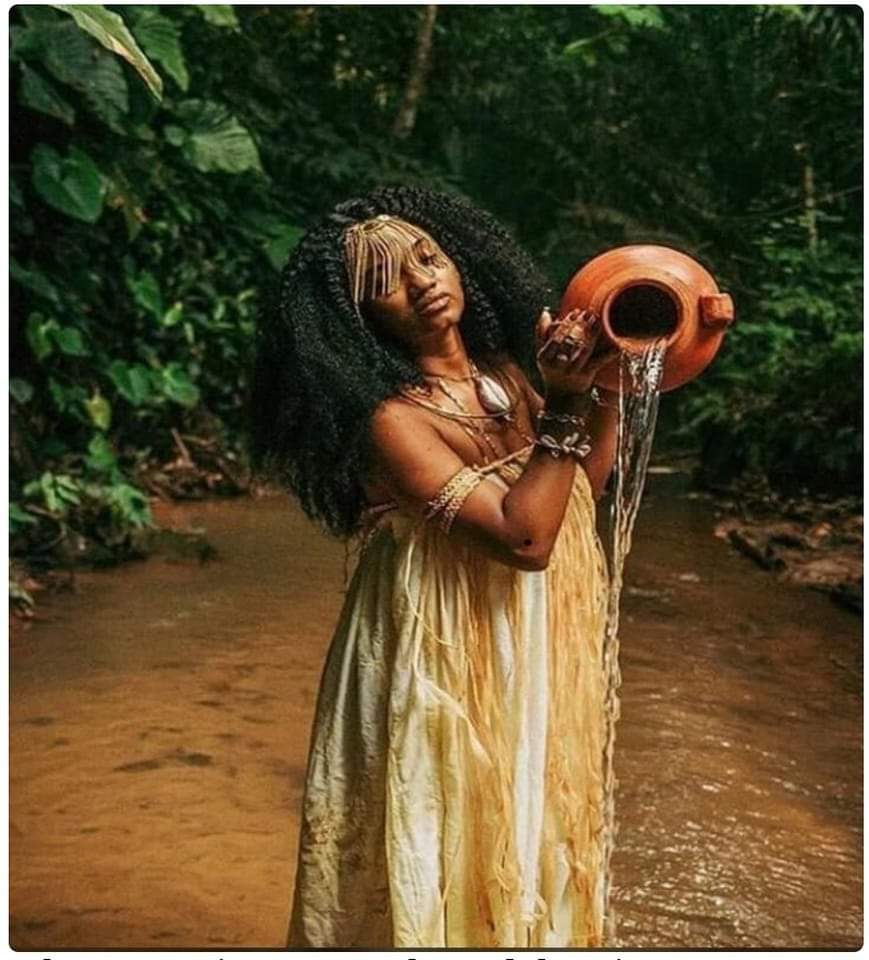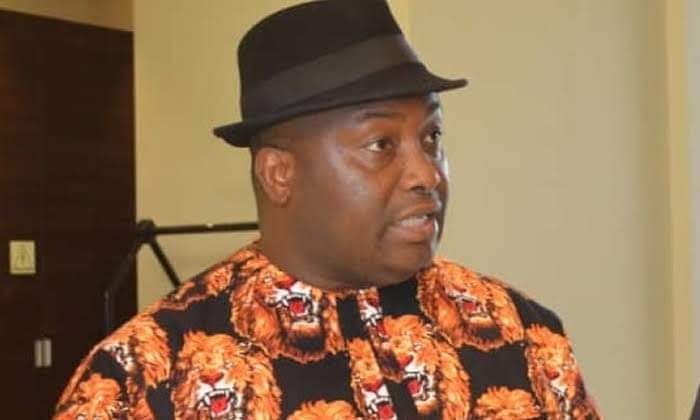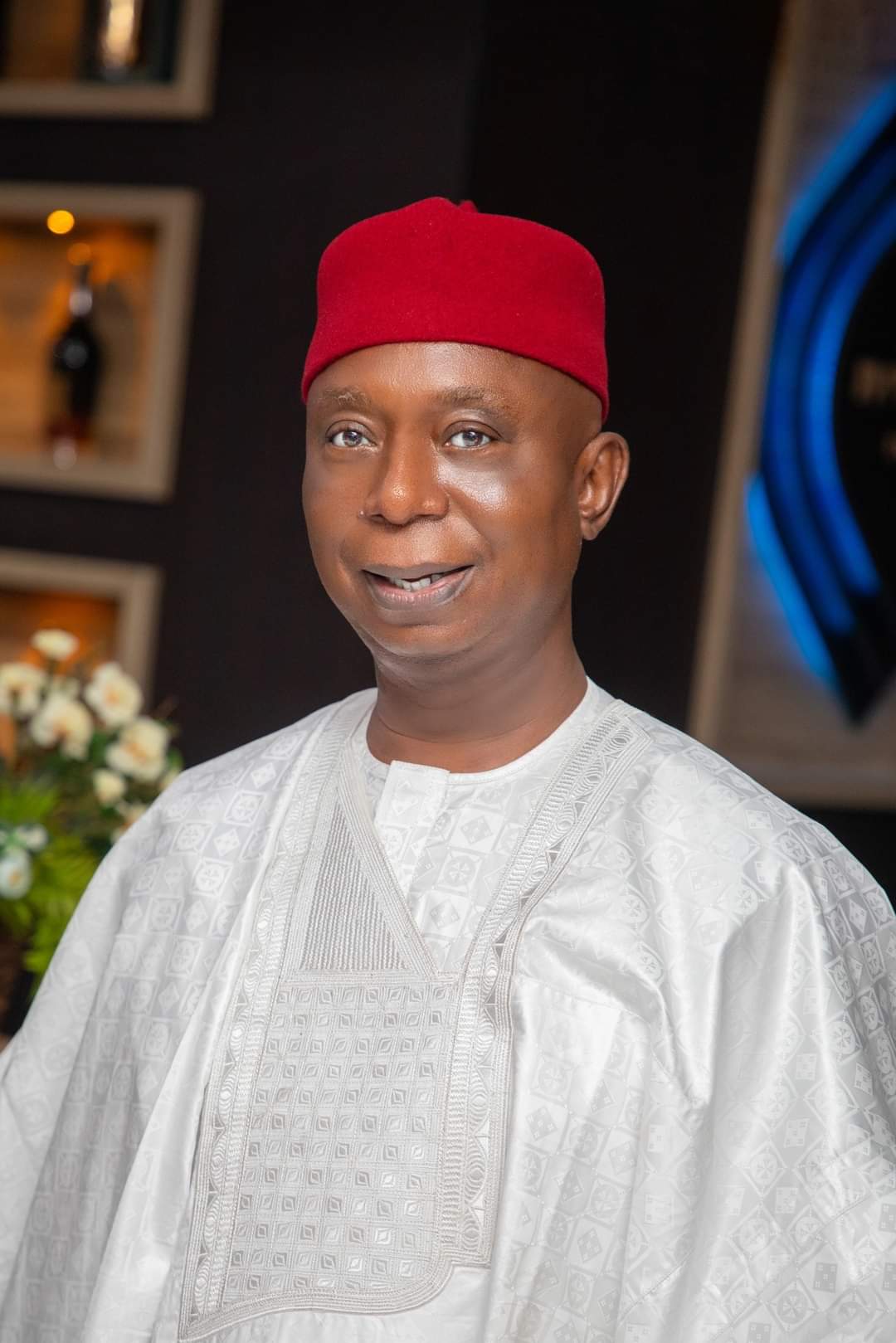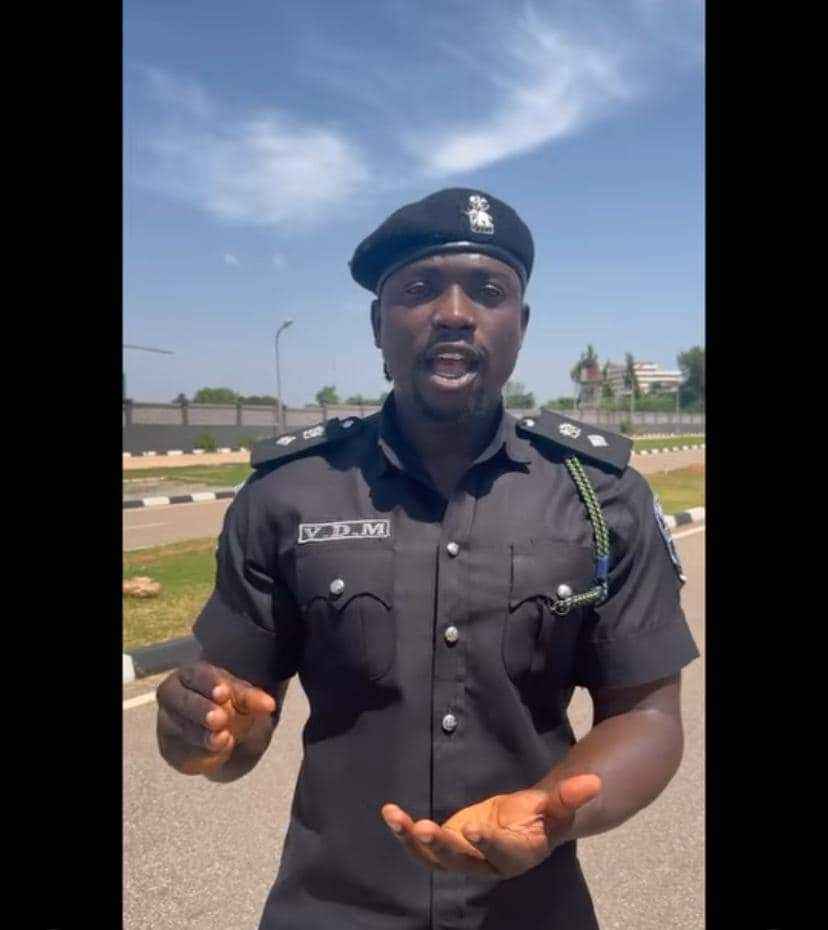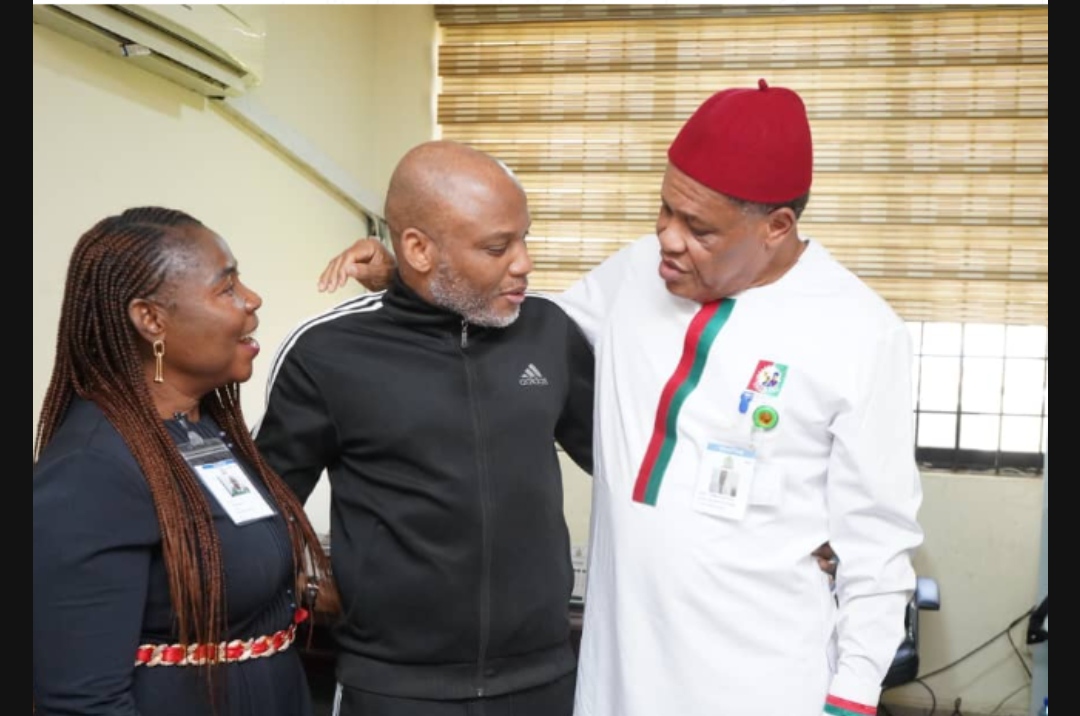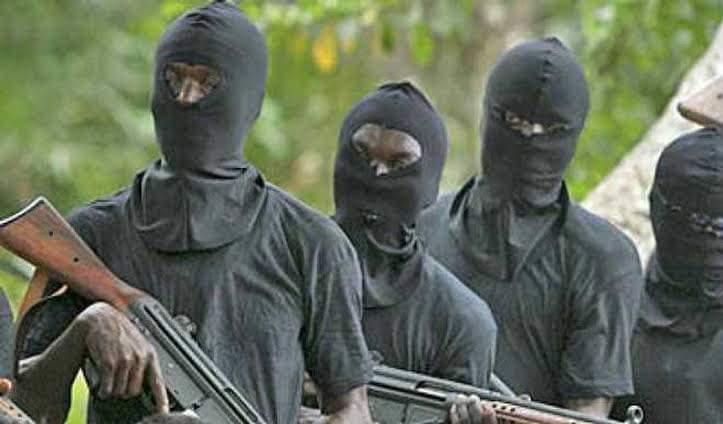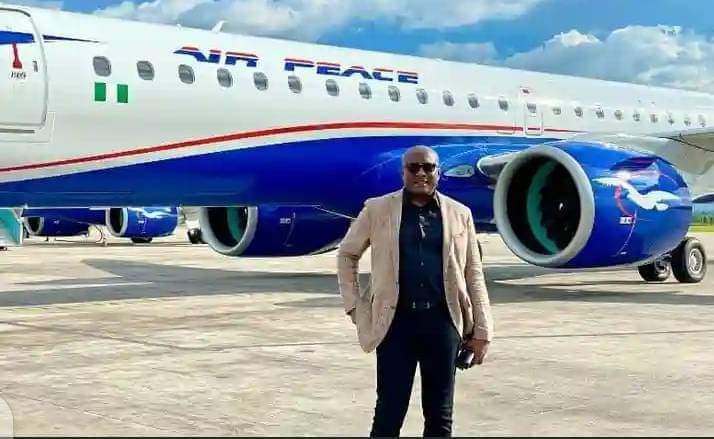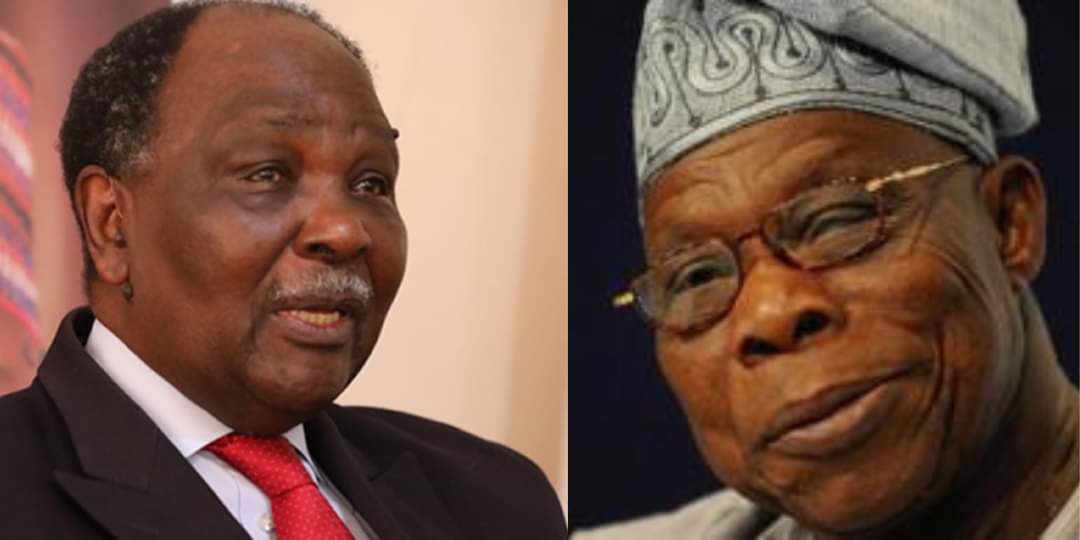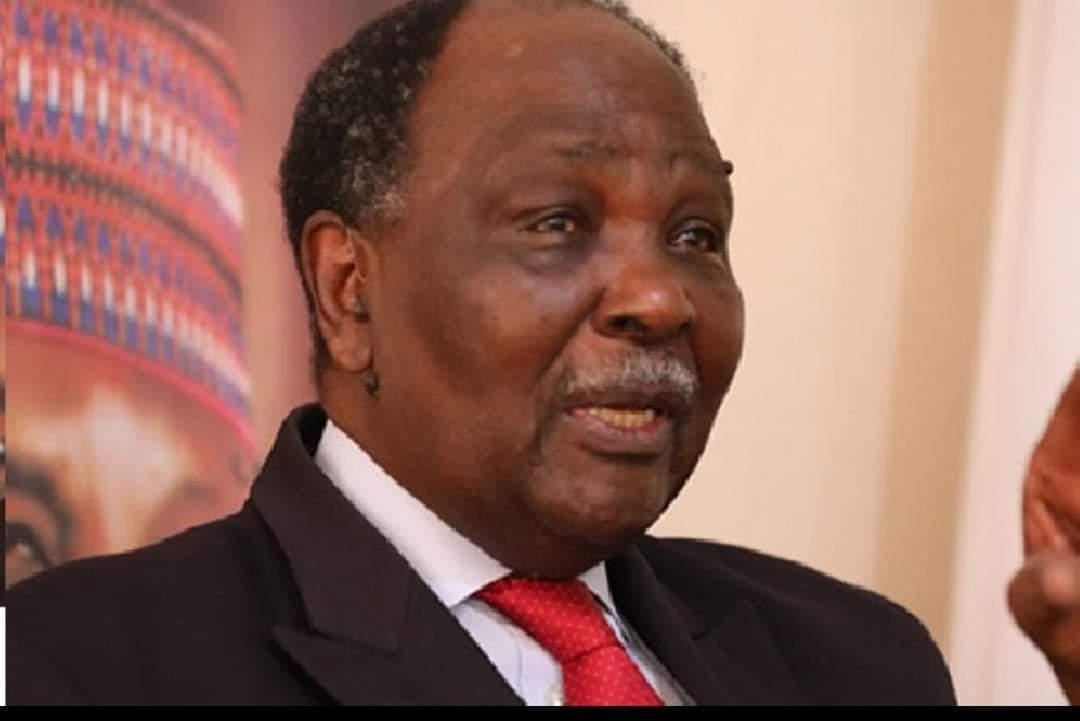The Igbo, also known as Ibo, are one of the largest ethnic groups in Africa, primarily residing in southeastern Nigeria, where they account for approximately 30% of the country’s population. However, the Igbo presence extends beyond Nigeria, with notable communities in Cameroon, Gabon, Equatorial Guinea, and other parts of the world due to migration and the transatlantic slave trade. The Igbo language, culture, and influence remain strong in these countries, demonstrating their global reach.
Igbos in Equatorial Guinea
Equatorial Guinea is located on the western coast of Central Africa, along the eastern edge of the Gulf of Guinea. It is the only Spanish-speaking country in Africa and is geographically separated from the mainland by water. Among the various ethnic groups in Equatorial Guinea, the Igbo people, who also inhabit southeastern Nigeria, are significant.
Although smaller in population compared to the Bubi and Fang ethnic groups, the Igbo are the third-largest ethnic group in the country. As of a 2012 report, approximately 33,500 Igbos reside in Bioko, making up a minority community. The primary language spoken by the Igbo in Equatorial Guinea is Igbo, and many practice a form of Christianity known as “marginal Christianity,” which blends traditional beliefs with Christian practices.
Igbos in Haiti
In Haiti, a Caribbean country, the influence of the Igbo people is still visible through cultural and religious traditions. Every year, on Igbo Day, the Igbo deity known as Igbo Loa (or Ibo Loa) is honored. This deity is linked to the spiritual practices brought over by Igbo slaves during the transatlantic slave trade.
During these celebrations, rituals are performed in the Igbo language, and the spirits of deceased Igbo ancestors and enslaved Africans are honored. Spiritual leaders, often called Igwes, lead these ceremonies, which include dances, songs, and offerings. These traditions underscore the enduring cultural ties between Haiti and the Igbo people of southeastern Nigeria.
Igbos in Cameroon
Cameroon, which shares a border with Nigeria, is home to a sizable Igbo population, particularly in the southern regions. Approximately 113,000 Igbos live in Cameroon, making them one of the major ethnic groups in the country. Most Igbos in Cameroon speak Igbo as their primary language, and the majority practice Christianity. Their presence has contributed to the cultural diversity of Cameroon, while maintaining their distinct Igbo identity.
Igbos in Jamaica
The Igbo people played a significant role in the history of Jamaica, having been transported to the island as part of the transatlantic slave trade between the 18th and 19th centuries. A large portion of enslaved Africans in Jamaica were of Igbo descent, and their cultural influence continues to shape various aspects of Jamaican society today.
The Igbo influence is evident in Jamaican language, music, dance, folklore, religion, and cuisine. Many Jamaican cultural practices can be traced back to Igbo traditions, and despite the passage of time, the Igbo legacy remains an integral part of Jamaican culture.
Igbos in Gabon
During the Nigerian Civil War (Biafran War), many Igbos fled to Gabon, particularly women and children who sought refuge from the conflict and the hunger strike policy imposed by Nigerian General Yakubu Gowon. Many of those who fled Gabon during the war never returned to Nigeria, either because they had no surviving family members or because they had formed new lives in their adopted country.
Some Igbo children who were displaced by the war were adopted by Gabonese families. One notable example is Ali Bongo, who was adopted by the then-President of Gabon, Omar Bongo. Ali Bongo’s true identity came under scrutiny in 2009 when he ran for the presidency. Despite the controversies and protests surrounding his background, Ali Bongo won the election and became the heir to his father’s presidency.
The relationship between the Igbo people and Gabonese society has led to the rise of what can be termed “Francophone Igbos.” While the Igbo-speaking people of Gabon identify themselves as Igbos, their culture has blended with Gabonese customs. This is reflected in their mode of dress and manner of speaking, which are slightly different from the Igbos of eastern Nigeria.
In conclusion, while Nigeria remains the heartland of the Igbo people, their presence and cultural influence have extended far beyond the country’s borders. From Equatorial Guinea to Haiti, Cameroon, Jamaica, and Gabon, the Igbo people have left a lasting imprint on communities around the world. Their language, traditions, and religious practices continue to thrive, bridging the gap between their African roots and the diverse cultures they have interacted with.
